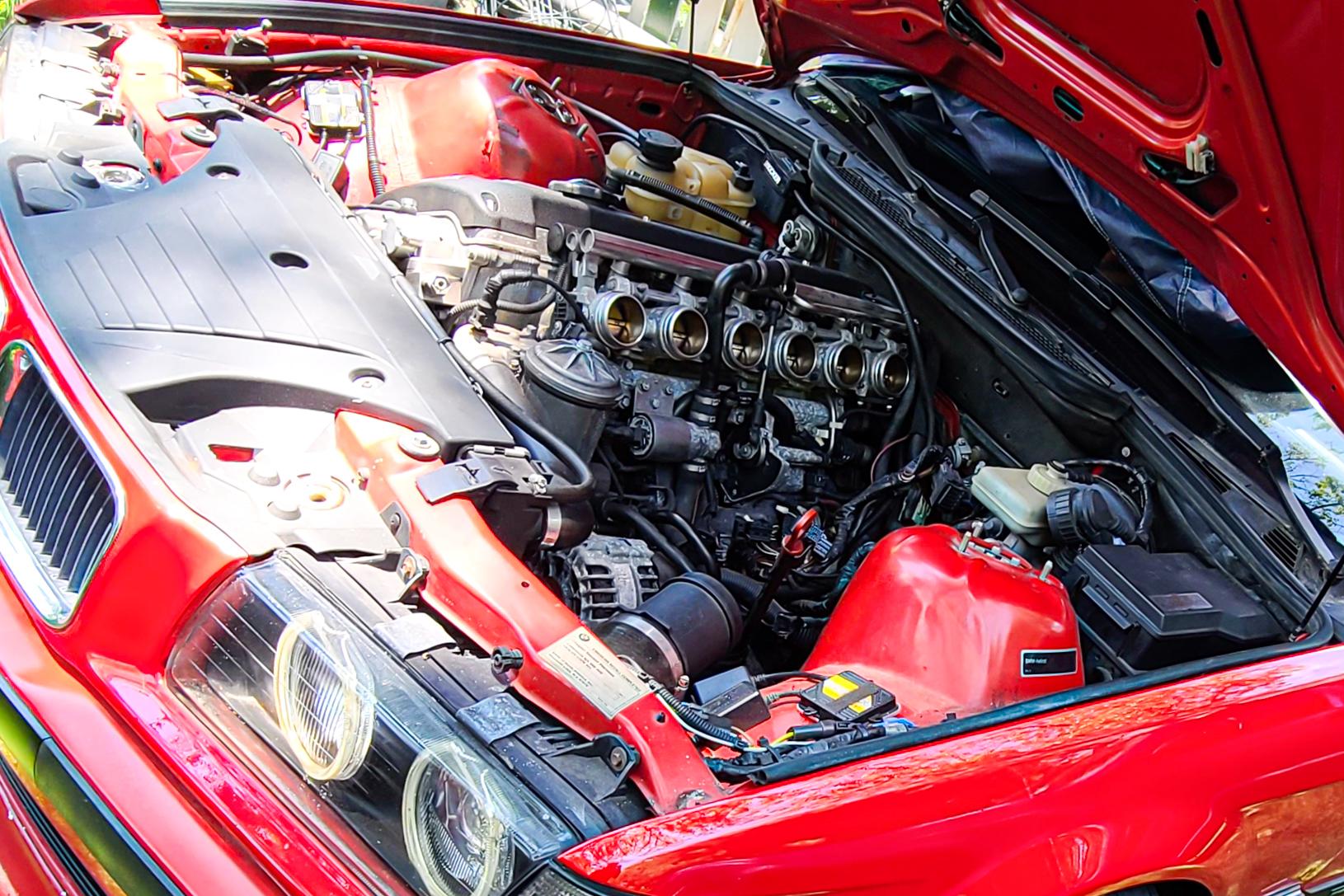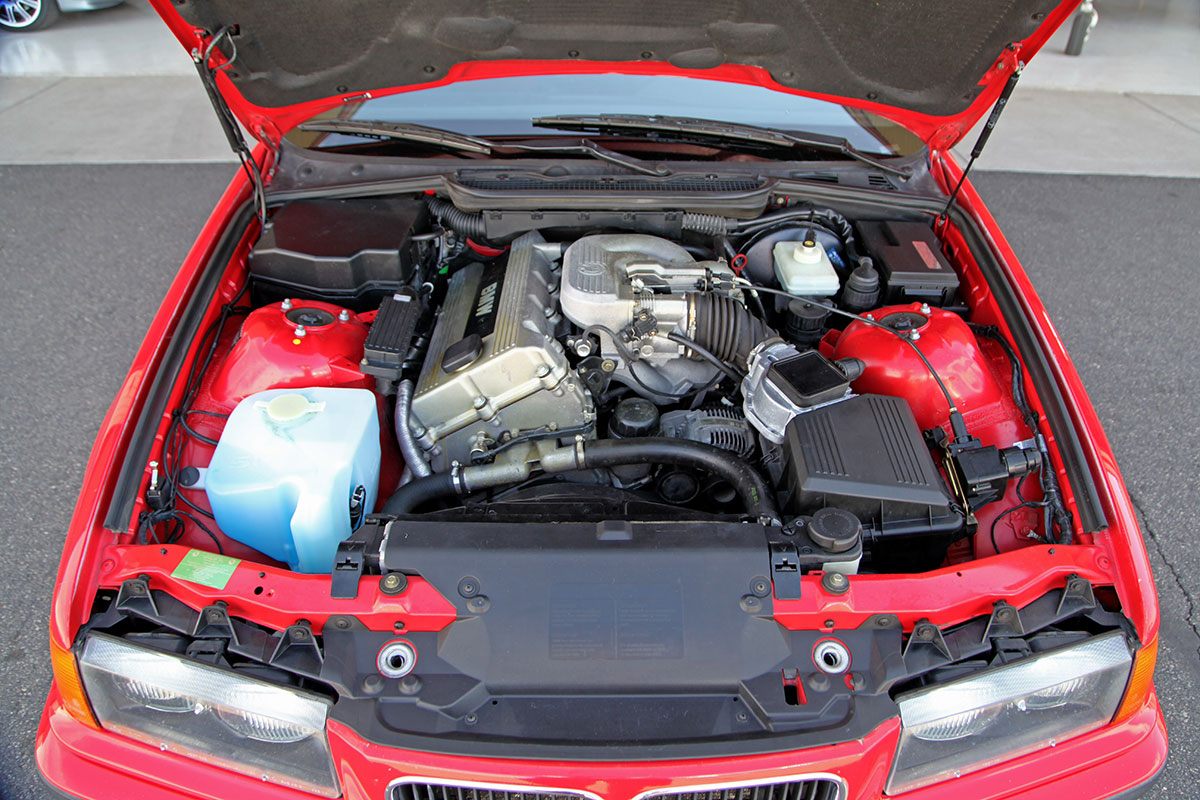Key Features to Seek When Investing In an Engine for Automotive Applications
When considering the acquisition of an engine for automotive applications, numerous essential features necessitate cautious examination to guarantee optimum efficiency and performance. From power and performance capabilities to fuel adherence, sturdiness, and efficiency to emissions criteria, each facet plays an important role in determining the engine's suitability for certain automotive demands.
Power and Efficiency
When choosing an automotive engine, customers prioritize power and performance to guarantee optimal driving experience and performance. The power outcome of an engine, typically determined in horsepower (HP) or kilowatts (kW), dictates the acceleration, leading speed, and general abilities of a car. Greater power scores normally lead to quicker acceleration and better efficiency, especially throughout surpassing or lugging heavy loads. Performance, on the various other hand, incorporates a wider spectrum of characteristics, consisting of fuel effectiveness, discharges, reliability, and general driving characteristics. A well-performing engine not only provides power successfully but also operates smoothly throughout different rate ranges and driving problems.
Buyers commonly consider the engine's torque result together with its power ranking. Torque, determined in pound-feet (lb-ft) or Newton-meters (Nm), reflects the engine's rotational force, influencing the automobile's capability to tow, climb slopes, and accelerate from grinding halt. An equilibrium between power and torque is vital for achieving a responsive and versatile driving experience. Furthermore, aspects such as engine crossbreed, displacement, and turbocharging modern technologies play substantial roles in improving both power and efficiency levels. Ultimately, choosing an engine that offers a powerful mix of power and efficiency makes sure a reliable and enjoyable driving experience. bmw 318ti.
Fuel Efficiency
Maximizing gas performance is a paramount factor to consider for customers when examining automotive engine options. Modern engines with functions like direct gas shot, turbocharging, and variable valve timing can significantly boost gas effectiveness by enhancing combustion processes and decreasing power loss.

Resilience and Reliability
Achieving lasting performance and reputable operation is crucial for consumers assessing the resilience and integrity of vehicle engines. When thinking about an engine for automobile applications, sturdiness describes the engine's capability to hold up against wear, stress, and harsh operating conditions over an extended period. Integrity, on the other hand, suggests that the engine can constantly execute its designated feature without unanticipated malfunctions or failures.
Customers ought to look for engines constructed with top notch materials and exact design to make certain long life. Parts such as crankshafts, pistons, and bearings should be resilient to deal with the engine's power result without premature wear. Furthermore, engines outfitted with sophisticated cooling systems, efficient lubrication, and robust purification systems have a tendency to show higher levels of reliability.
Regular upkeep and adherence to maker suggestions are likewise vital consider protecting an engine's sturdiness and reliability. By adhering to maintenance timetables, utilizing advised liquids, and dealing with any problems quickly, moved here customers can maximize the life expectancy and performance of their vehicle engines. Eventually, prioritizing toughness and dependability in engine selection can result in an extra gratifying ownership experience with fewer unforeseen disturbances.
Exhausts Compliance
Making sure conformity with exhausts guidelines is an essential aspect of evaluating vehicle engines for ecologically conscious customers. With raising issues about air quality and environmental influence, rigorous discharges requirements have been established around the world to decrease damaging toxins launched right into the environment. When buying an engine for auto applications, it is necessary to consider its emissions compliance to reduce the carbon footprint and follow legal demands.
Modern engines are equipped with advanced emission control technologies such as catalytic converters, exhaust gas recirculation (EGR) systems, and selective catalytic reduction (SCR) to lower unsafe exhaust gases like nitrogen oxides (NOx), carbon monoxide gas (CARBON MONOXIDE), and hydrocarbons (HC) These systems play a vital role in making sure that the engine fulfills the specified emissions standards and operates within permitted limits.

Cost-effectiveness
When considering auto engine acquisitions, evaluating cost-effectiveness is extremely important for consumers looking for both efficiency and worth. It encompasses the general expenses connected to upkeep, fuel usage, and potential repair work over the engine's lifespan.
Engines that are made to maximize gas economic climate can lead to significant financial savings over time, specifically for people who drive often or over lengthy distances. bmw 318ti. Additionally, taking into consideration the accessibility and affordability of spare components and maintenance can add to the overall cost-effectiveness of an engine.

Conclusion
To conclude, when purchasing an engine for automotive applications, it is important to take into consideration essential features such as power and performance, fuel toughness, reliability and efficiency, exhausts compliance, and cost-effectiveness. These variables are essential in guaranteeing that the engine fulfills the needs of the vehicle and operates efficiently in different driving problems - bmw 318ti. Making an educated choice based on these standards will inevitably bring about a reliable and effective auto engine acquisition
From power and performance capabilities to sustain longevity, effectiveness, and adherence to discharges requirements, each element plays an essential function in figuring out the engine's suitability for particular he has a good point automobile demands. Engines designed to run on different gas such as electric power, crossbreed systems, or biofuels can supply enhanced fuel economic situation and reduced exhausts contrasted to traditional gas or diesel engines. Customers ought to carefully consider the fuel performance ratings and innovations integrated into auto engines to make informed buying decisions that straighten with their top priorities for cost financial savings and sustainability.
When thinking about an engine for auto applications, durability refers to the engine's capacity to withstand wear, anxiety, and rough operating conditions over a prolonged period.In final thought, when acquiring an engine for vehicle applications, it is crucial to take into consideration key attributes such as power and performance, gas longevity, performance and reliability, exhausts conformity, and cost-effectiveness.